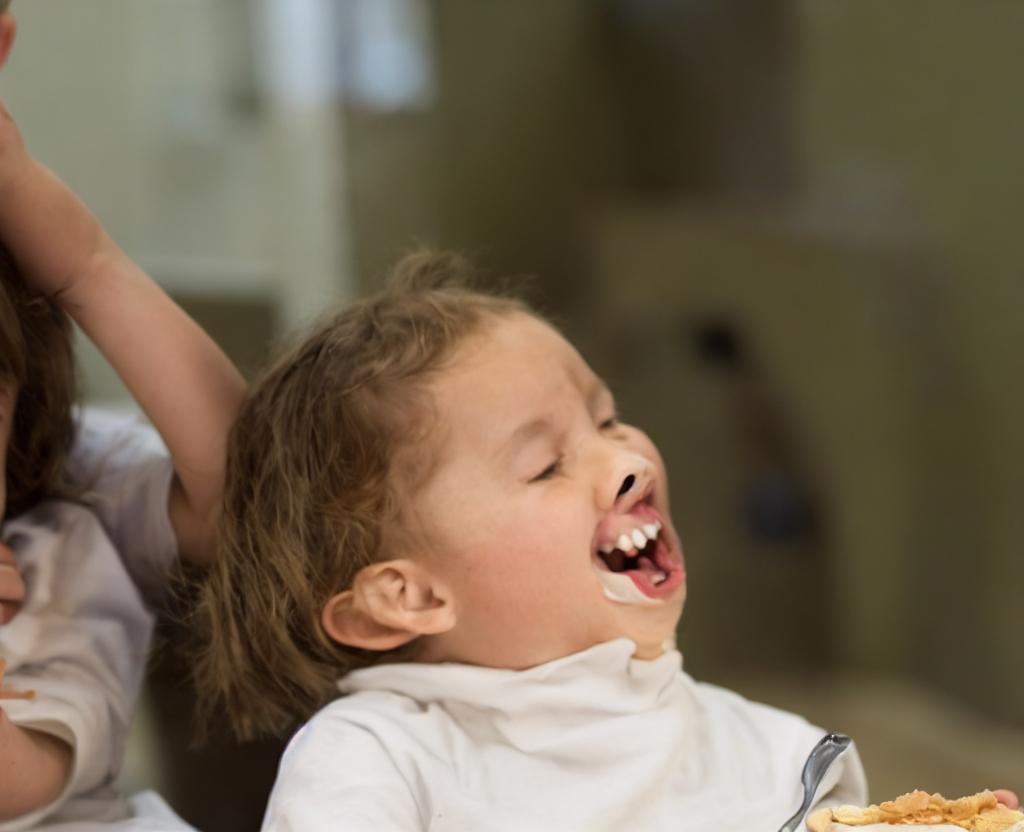
World Pediatric Bone And Joint Day
The impact of musculoskeletal disorders in children is widely distributed on World Pediatric Bone and Joint Day on October 19th of each year. This day also known as World PB&J Day, this day also educates health care professionals and the public.
Musculoskeletal disorders are any of the disorders that affects the joints, ligaments, nerves, muscles, and bones. Children and teens with musculoskeletal disorders are getting more common.. Examples of this condition include:: Here are some examples of this sort of illness.
- Rheumatoid arthritis (RA) is a disorder that causes RA (RA) Rheumatoid arthritis (RA)
- Bone fractures
- Tendinitis
- The hip joint dysplasia is a result of developmental dysplasia of the hips
- Muscular dystrophy
- Osteoporosis
Both of these disorders have an effect on mobility and mobility. Car accidents, playground injuries, and sports injuries are all typical causes of musculoskeletal disorders in children. are also responsible for musculoskeletal disorders: obesity, poor posture, and Vitamin D deficiency are among the contributing factors to musculoskeletal disorders.
Around 19 million children a year receive medical care in the United States for a musculoskeletal disorder. If a child has a musculoskeletal disorder, they may miss school due to joint or back pains. Children around the country in one year alone missed 149 million school days in one year.. Musculoskeletal disorders are the second most common reason for missing school, according to this report. The first cause is respiratory infections.
How to celebrate #worldpediatricboneandjointday
Educational seminars, conferences, and fundraisers are among the activities planned for World Pediatric Bone and Joint Day. These activities are aimed at raising concerns about the effects of pediatric musculoskeletal disorders.
The observance is the perfect time to get your children tested for musculoskeletal disorders. DXA, or dual-energy x-ray absorptiometry, is a popular method of x-ray absorptiometry. Bone density is determined by this test.. Knowing this will help you determine whether your child is at risk of bone fractures. Educate yourself on the various pediatric bone and joint disorders. Make sure your child eats properly, gets enough calcium and vitamin D, and wears protective gear when playing sports. These activities will help avoid musculoskeletal disorders.
#WorldPediatricBoneAndJointDay or #WorldPBJDay can be used on social media to raise money. You can post #WorldPediatricBoneAndJointDay or #WorldPBJDay on social media.
The world pediatric bone and joint day of history is the longest in the world
The first World Pediatric Bone and Joint Day was held on October 19th, 2012. The Pediatric Specialty Group established the first World Pediatric Bone and Joint Day on October 19th, 2012. The day is being held in conjunction with Bone and Joint Action Week. The Pediatric Specialty Group is a part of the United States Bone and Joint Initiative (USBJI). The Pediatric Specialty Group is a unit of the United States Bone and Joint Initiative (USBJI). The USBJI aims to enhance bone and joint health by reducing bone and joint pain prevention. Their aim is to raise the quality of life for those affected by bone and joint disorders. They do this by finding reliable information, conducting study, and spreading word about the campaign.
Past World Pediatric Bone and Joint Day themes have included:: Past World Pediatric Bone and Joint Day's past themes include::
Children get arthritis as well.
Kids, Bones, Joints, & Obesity – Tips for Parents and Patients, and Primary Care Providers – 2017 – Kids, Bones, Joints, Obesity & Obesity – Tips for Parents and Patients – Kids, Bones, Joints, & Obesity – Tips for Parents and Patients – Tips for Parents and Patients, and Primary Care Providers. – Kids, Bones,
ACL Injuries 2015 – Childhood and Adolescent ACL Injuries – Childhood and Adolescent ACL Injuries
Vitamin D deficiency and children are among the 2012 – Kids and Vitamin D Deficiency.




